Palm Sunday of March 2011 was unlike any Samir and Fatima (not their actual names) had experienced. For decades members of all the different Christian traditions in Homs, Syria gathered in this central square in the old quarter to share in a Palm Sunday procession. The streets would be crowded with celebrants. Others would fill the balconies, waving palm branches. In a neighborhood where church and mosque were built side-by-side, families of all religious traditions celebrated with one another.
This was not so in 2011. In 2011, Samir and Fatima were among the thousands filling the square, but this time to protest actions of the Syrian Government. This time to protest—demanding increased political freedoms to match the social and religious freedoms already experienced by Syrians across the country; to demand equal access to the increasing economic opportunities that had been developing in Syria over the previous 10 years. There was a glimmer of hope that maybe the impacts of a wide-spread drought since 2006 could be mitigated, that maybe the political injustices could finally be addressed.
A glimmer of hope that was soon crushed—but not only by the militarized response of the Syrian government. Samir and Fatima, as Syrians born and raised, soon heard around them Arabic accents from many other places across the Arabic speaking world—from Central Asia, the Gulf States, and beyond. It was as if Islamist militias had been waiting on the border for a vulnerable time in Syrian society—they had certainly been infiltrating local, rural mosques with the Saudi Arabian religious philosophy of Wahabi-ism for quite some time. And now, they were increasing almost everywhere in the country. Tens of thousands of foreign fighters coming from over 80 different countries flooded into Syria. They were bolstered with military arms provided from many different sources—sadly including the CIA due to another failed attempt to make use of radicalized Islamists for US Government purposes. Turkey and Jordan allowed both foreign fighters and arms to cross their borders into Syria. None of these fighters had the Syrian people’s best interests in mind; they came as proxy fighters to pursue many different agendas. They took over towns and neighborhoods and forced families from their homes and businesses and farms. During some days, some of them worked with Syrians who had taken up arms against the Syrian government. But on other days, they were just as likely to kill these same rebels against the government.
Samir and Fatima’s old quarter of Homs was taken over by a mix of outsider and local militias by 2012. They fled, like many of their neighbors, to Wadi Nasara, a beautiful agricultural area of rugged terraced hills and flourishing valleys a couple of hours outside of Homs. There they met Christian and Muslim Syrian families who had been pushed out of their homes and off of their farms by a similar mix of militarized Islamists in Idlib Province to the north.
They tried to continue on with their lives—to find work in their new places in Syria. But their arrival in such large numbers had overwhelmed the local communities. The local Syrian Presbyterians worked to provide these internally displaced families with food and clothing. They helped them find a place to rent and the dignity of at least some small job. They helped them get blankets and a small heater for their new home. They helped them buy heating fuel and medications.
But already the Syrian pound was inflating. Already, due to US Government led sanctions by the West, heating fuel and medications were harder to come by—imported medications were more expensive, and the sanctions targeted those materials needed for Syrians to provide for themselves. Food costs were also rising. Fatima and Samir watched in disbelief, along with their new neighbors, as the self-sufficient country they had known their entire lives—able to grow enough wheat and produce to feed all Syrians and to export, able to manufacture high-quality medications for Syrians and to export, able to provide its citizens with free high-quality education and health care—began to crumble.
“This,” they shared with me, “is one of the dangers of international ‘help.’ It leaves us more and more dependent on outsiders and with less and less human dignity.”
On top of this growing calamity, a new radicalized, militarized Islamist group entered Syria in a storm—ISIS, grown up out of the disaster that had enveloped Iraq following the US invasion of 2003. Rapidly they took over towns and cities—destroying any who challenged them. Kidnapping and terrorizing those who were vulnerable. Enslaving women for the group’s own twisted religious ends.
After years of violent proxy and civil war fighting, and hundreds of thousands of people being either displaced or killed, today the Syrian government has taken back almost all of its former sovereign territory from this mish-mash of foreign Islamists fighters. Only the NE of the country (Hassakeh Province) and the NW of the country (Idlib Province) remain outside of their direct control. Hassakeh is currently overseen by a patchwork of Turkish and American military fighters and their respective proxies (Islamist fighters with Turkey; Syrian Kurd and Arab fighters with the USA). Idlib contains the remnants of many different Islamist militias (and their families) pushed out of other parts of Syria and some Syrian rebel fighters (and their families). But it is the Syrian branch of Al-Qaeda who is the main power broker. Turkey and Russia continue negotiations regarding a humanitarian corridor into Idlib from Turkey. There remains no political solution for where all the foreign Islamist fighters should go, nor their families…no country wants them back. In the meantime, the humanitarian crisis builds, and Syrians, who called Idlib home before 2011-2012, remain unable to return to their homes, businesses, farms, schools, and places of worship.
In the meantime, Syria continues to crumble. This is the stated goal of the US Government. Newly enacted ‘maximum pressure’ sanctions through the Caesar Act are intended to increase the suffering of the Syrian people, prevent rebuilding of infrastructure and businesses (all of which would be seen as supporting the current Syrian government), and cripple the economy even further in order to punish Mr. Bashar al-Assad and push him out of power. There is no plan for how an inevitable power vacuum would be filled. Fatima and Samir point to Iraq’s disastrous experience with US Government action to remove Mr. Saddam Hussein and the resulting destructive power vacuum there and ask, “How will this ‘maximum pressure’ sanctions policy of the US Government for Syria help to save us? We are only the excuse for the US Government to pursue its own agenda in the region.”
So today, when Samir and Fatima go grocery shopping for their family, they will have to use their Syrian Pound currency which has lost 80% of its value, to buy food that now costs 40 times as much as it did in 2011. But then they won’t be able to pay their rent or the fuel needed to cook the food or medications that their children need, let alone the hygiene items they need to keep their family safe from COVID19.
The US has imposed sanctions on Syria since 1979 and has continued to layer on sanctions without a clear goal or endpoint. There is little evidence that these unilateral measures are having the desired result. The Caesar Syria Civilian Protection Act, which was passed by congress last fall, is the largest expansion of this already stifling sanctions regime ostensibly targeting the Syrian government. The sanctions on Syria have been described by the United Nations as some of the most complicated and far-reaching sanctions regimes ever imposed. And they are contributing to a worsening of the humanitarian situation, harming a civilian population already made vulnerable by war. While the sanctions regime stated goal is to support and protect the Syrian people, it is having quite the opposite effect:
- The price of basic necessities such as food and fuel have skyrocketed
- Food insecurity is rising as families struggle to put food on the table.
- The embargo on oil trading has dramatically raised the cost of fuel oil for heating, cooking and lighting.
- The humanitarian wavers are inadequate, and banks are hesitant to engage in any transactions relating to Syria, making it difficult to deliver aid.
In mid-June, additional US sanctions on Syria took effect as a result of the Caesar Act. In the weeks before the implementation of these additional sanctions, we joined partners from the United Church of Christ/Disciples of Christ and the Mennonite Central Committee in a series of meetings with key members of congress. We urged these members to examine the effect of the current policies on the Syrian people. In an effort to give members of congress a clearer picture of the effect of the sanctions, our delegations of faith community representatives lifted up the voices of our partners and the extent of the humanitarian crisis partly caused by misguided US policies. Rev. Dr. Riad Jarjour, one of our longstanding partners from the region, was able to join in for some of the meetings. He is a Syrian from Aleppo, grew up in Homs and is now president of the Forum for Development Culture and Dialogue (FDCD) in Beirut.While the ultimate goal is to lift the current harmful sanctions regime, the quickest action members of congress can take is to pass legislation that will fix some of the sanction language that currently blocks many of the daily necessities for life and necessities for reconstruction from entering Syria. We urge you to contact your members of congress and ask them to prioritize the health and safety of the most vulnerable in Syria by opposing and helping to lift the broad sanctions on Syria. These sanctions currently have broad bi-partisan support so members of congress need to hear from their constituents and they need to hear of the humanitarian consequences of the support of the sanctions.
Action Alerts from the Office of Public Witness of the Presbyterian Church USA concerning Syria.
Letter sent to congress concerning US sanctions on Syria.
The Impact of the Caesar Act Letters
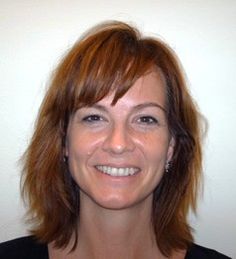
Catherine Gordon serves as the Representative for International Issues in the Office of Public Witness in Washington, DC. Catherine advocates for the PCUSA’s policy priorities with congress and the administration and works to educate and build networks of active Presbyterians.
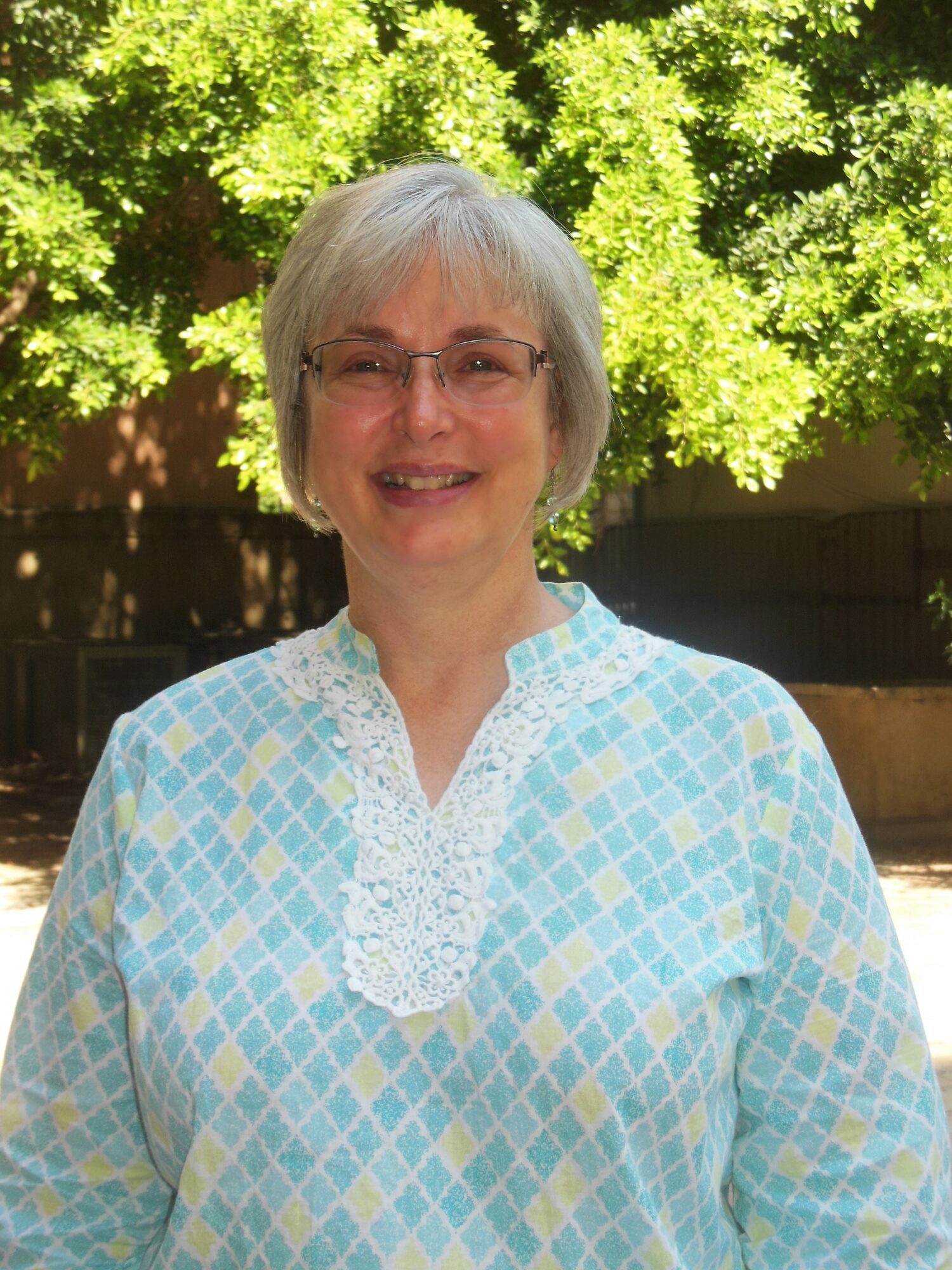
Rev. Elmarie Parker, a PCUSA Associate for Ecumenical Partnerships, serves as regional liaison to Iraq, Syria, and Lebanon. The heartbeat of her work is to help deepen and strengthen the relational ties between the church in her region and the church in the United States and to develop the practical ministries (solidarity/accompaniment visits, advocacy work; diaconal, justice and leadership development initiatives, etc.) that are birthed from these relationships. She is based in Beirut, Lebanon with her husband, Rev. Scott Parker.


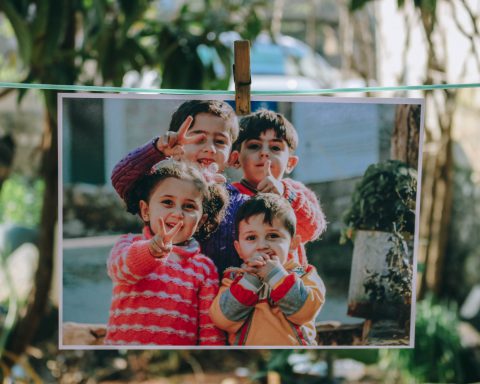
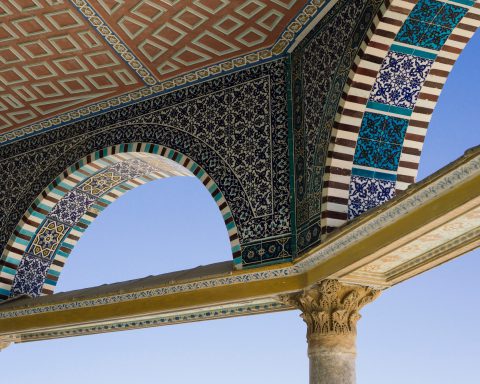

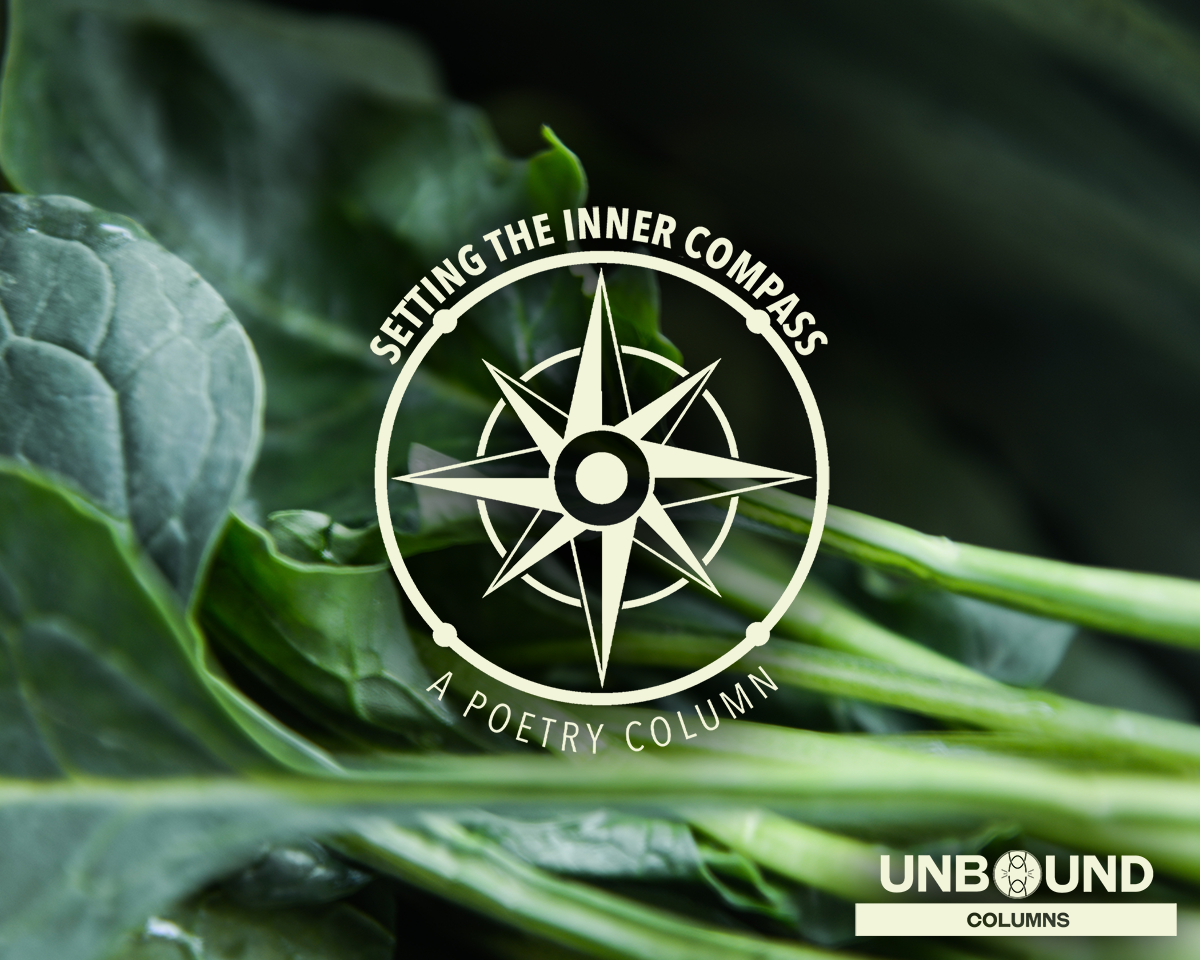
Unbound Social